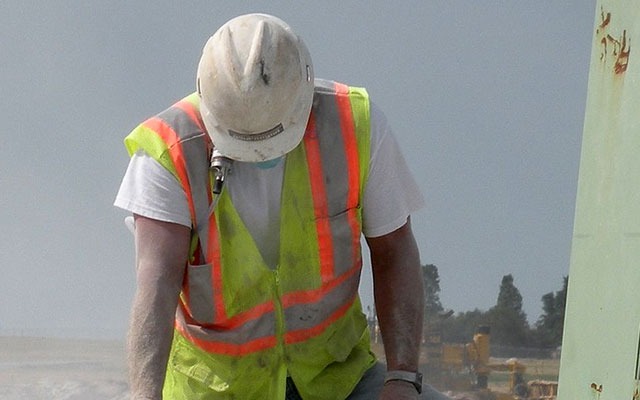
The "la Caixa" Foundation's Social Observatory has featured research on the effect of unemployment on mental health by a team from the Institute for Economic Analysis (IAE-CSIC), one of the academic units of the Barcelona School of Economics. The team included Lídia Farré (UB), Francesco Fasani (QMUL), and Hannes Mueller (IAE-CSIC and BSE).
The Social Observatory highlights four key points from this work:
- Between 2006 and 2011, every time the unemployment rate in the construction industry rose by ten percentage points, mental health disorders reported by workers forced out of the sector increased by around three percentage points.
- During the economic crisis in Spain, not only did unemployment rise but also its duration increased. In 2006, 2% of the active population had been unemployed for more than two years. By 2011, this group had nearly quadrupled, reaching almost 8%.
- In the construction industry, there was an 18-fold increase in the long-term unemployment rate, which rose from 0.1% of the active population in 2006 to almost 1.8% in 2011.
- The bursting of the property bubble provides a unique opportunity to identify the impact of unemployment on mental health. If a significant proportion of the population becomes unemployed, this generates an addition burden that holds back economic recovery.
The findings are taken in large part from the publication "Feeling useless: the effect of unemployment on mental health in the Great Recession", IZA Journal of Labor Economics, 7(8).




